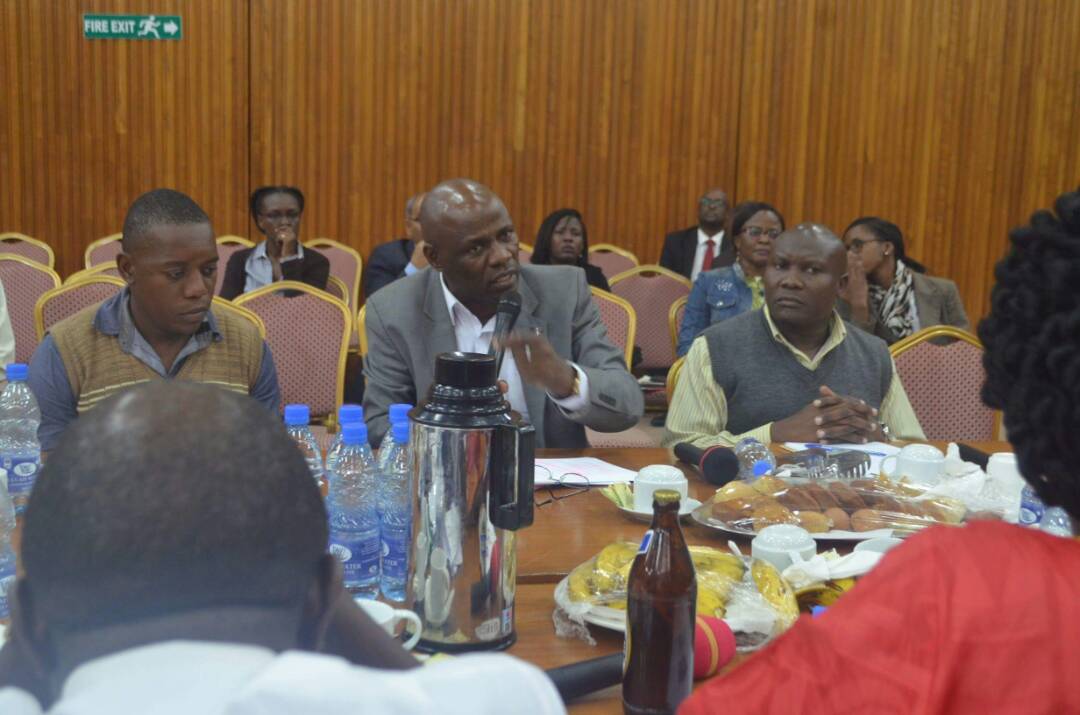Uganda Youth Development Link (UYDL) in conjunction with Uganda Alcohol Policy Alliance have called upon Parliament to maintain the proposal by government to increase tax on alcohol, beers and spirits.
Appearing before the committee of Parliament on Finance, the group led by UYDL Executive Director, Rogers Kasirye said there is need for government to impose more tax on alcohol so as to reduce the consumption especially among youth.
Kasirye believes that government is missing out on a lot of revenue since Uganda ranks highest in the region and world over in alcohol consumption.
According to the State Minister for Planning, David Bahati, government will introduce equivalent tax rates for ad valorem rates on spirits and wines, and excise duty on opaque beer (Kibuku) to generate Shs 5 billion and Shs 2.3 billion respectively.
“Alcohol industries are the largest revenue producers according to the 2016 statistics where Rwanda collected 16% out of $8.37 bn, Tanzania collected $ 47.43 bn, Kenya collected 20% out of $70,529 bn while Uganda collected 13% out of $25.53 bn, far lower than most sub-Saharan African countries,” Kasirye said.
Kasirye further noted that the call by local beer producing companies to have a reduction on the tax, should not be accepted since the production of beer has greatly affected food security in the country.
“This type of beer like Kibuku and Ngule is interfering with the food production. Cassava used to be the food granary; the reason why sometimes we have food shortage is because farmers are selling all the cassava and sugars to beer companies,” Kasirye noted.
Kasirye told committee members that government should not be taxing beers per-say but the alcohol content in the beer, observing that sometimes the alcohol content indicated on the packaging does not tally with what is contained in the bottle.
“Government should not tax bottles by volume but the amount of alcohol content in the bottle. We want more food production and security”.
“We want government to make more revenue from alcohol like it is done in other countries in the region. There should be no tax exemptions and we should include the public health aspect when addressing alcohol.”
Appearing before the same committee, the Minister of Finance in Buganda Kingdom, Robert Nsibirwa a representative of ‘Ngule’ beer applauded the Ministry for imposing tax on Kibuku beer.
“We are not here to stop imposition of tax, but we want equitable payment of tax. Since the two beers are made 98% from local content with the same quantity, we propose that these should enjoy the same tax rate. We don’t want a reduction or an increase but the same tax rate,” Nsibirwa said.








